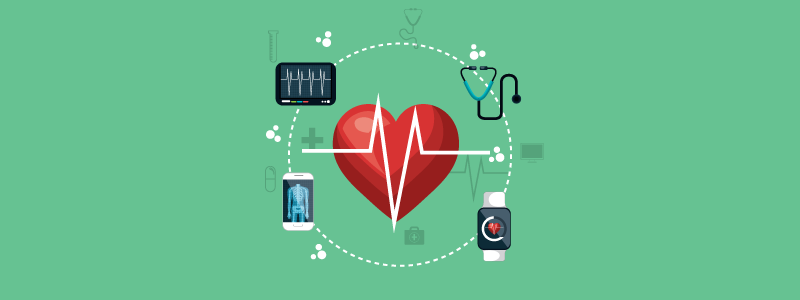The Connected Health Initiative (CHI) spends our year addressing a wide range of digital health issues, but one of the most pressing issues in 2019 is health data interoperability. The efficacy of precision medicine, population health, clinical decision support—and artificial intelligence (AI)-driven tools in particular—depend in large part on the availability of massive data sets. The free flow of information and interoperability are, therefore, important and potentially life-saving for patients. CHI engages with a number of stakeholders to advance health data interoperability throughout the continuum of care.
We’re calling this summer the Summer of Interoperability for good reason. It represents a crucial time in U.S. federal policymaking through the development of several rules and frameworks addressing the flow of health data. The Office of the National Coordinator for Health IT (ONC) within the Department of Health and Human Services (HHS) is currently working on finalizing rules to define illegal health information blocking as well as creating a voluntary health information exchange framework, and the Centers for Medicare and Medicaid Services (CMS) is also working to finalize rules on health data interoperability. And, of course, Congress – both through oversight and through new legislative proposals – remains interested in promoting health data interoperability.
There is no disputing that the lack of both interoperability and patient access to health information prevents timely and informed care coordination and decision-making. Further, electronic health information and educational resources are critical tools that empower and engage patients in their own care. CHI strongly believes that a truly interoperable eCare system includes patient engagement facilitated by store-and-forward technologies (ranging from connected medical devices to general wellness products) with open application programming interfaces (APIs) that allow the safe and secure introduction of patient-generated health data (PGHD) into electronic health records (EHRs). Data stored in standardized and structured formats with interoperability facilitated by APIs provides analytics as well as near real-time alerting capabilities. The use of platforms for data streams from multiple and diverse sources will improve the healthcare sector by helping to eliminate information silos, data blocking, and deficient patient engagement. Interoperability must not only happen between providers but also between remote patient monitoring (RPM) products, medical devices, and EHRs.
Each of these important U.S. federal agency efforts – ONC’s information blocking rule and its Trusted Exchange Framework and Common Agreement (TEFCA), along with CMS’ data interoperability rule – must facilitate a truly connected continuum of care for Americans to realize the benefits of new digital health technologies. And each policy development process must happen in harmony, as well as avoid new conflicts with important health data rules and regulations (such as the Health Insurance Portability and Accountability Act). CHI heavily engages its membership throughout these different rulemaking processes and filed several detailed comments with ONC and CMS containing the consensus views of the digital health stakeholder community:
- CHI summary letter and detailed comments on ONC’s proposed health information blocking rule.
- CHI comments to CMS on its health data interoperability proposed rule.
- CHI comments to ONC on its latest draft version of the TEFCA.
Throughout this summer we will continue to work with ONC, CMS, and Congress on health data interoperability questions and issues, and we’ve been impressing upon them how important it is that these efforts do not get delayed or fall off track. We need ONC’s and CMS’ rules as soon as possible, yet the rules (and the TEFCA) must all complement one another. With continued open collaboration with key stakeholders, we believe that is possible. Recently, we were happy to see ONC Director Rucker make a public commitment to issue ONC’s information blocking rules in final form by the end of 2019.
As the Summer of Interoperability continues, CHI plans to continue focusing on advancing pro-innovation and pro-patient policies that will unlock the incredible potential of true health data exchange throughout the healthcare ecosystem. There will be further opportunities for CHI for cross-digital stakeholder community collaboration and advocacy on health data interoperability as the year progresses. We welcome you to join us in these efforts!
